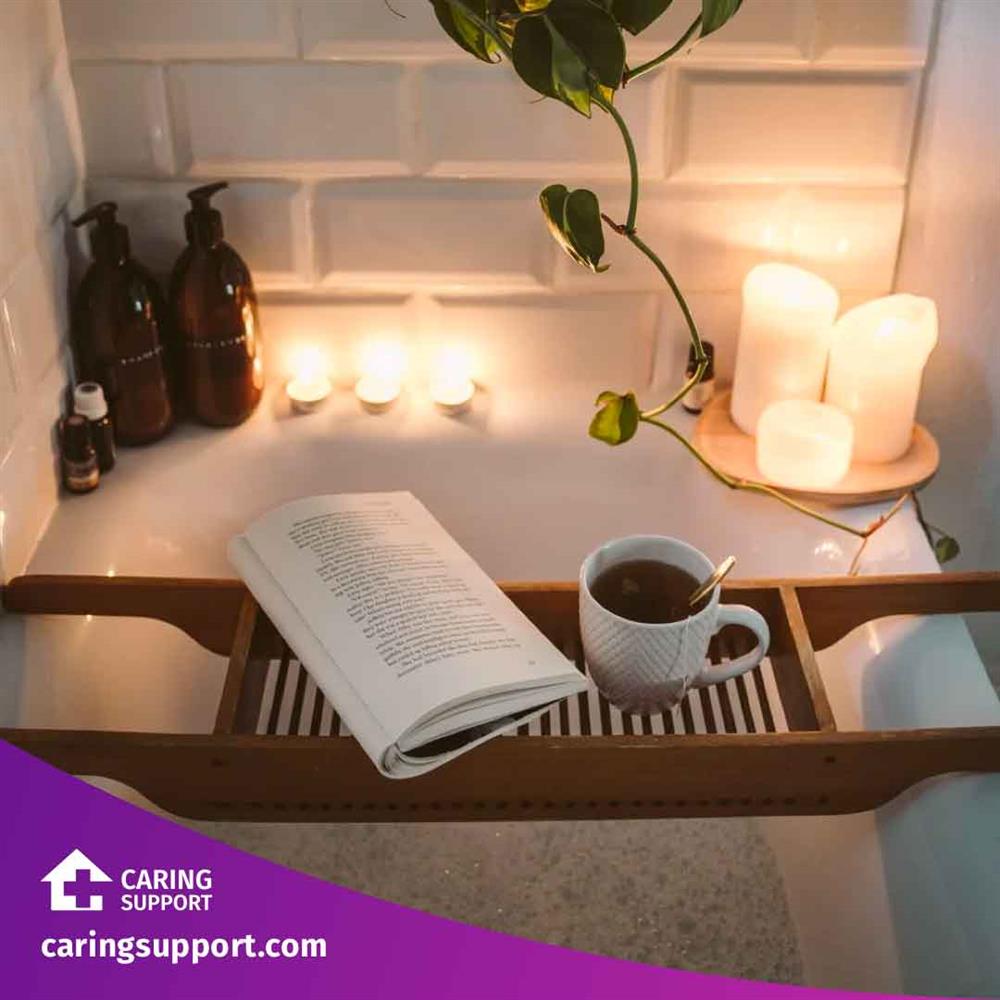Nurse burnout is a real dilemma that our healthcare workers are facing today and it is extremely important to recognize the signs before it’s too late.
We all know that the healthcare sector is one of the hardest industries to work in, especially during these unprecedented times. Nurses, Personal Support Workers (PSW), and caregivers of all parts of the healthcare system are constantly working
long hours, with little sleep and the stress of a pandemic on top of it; yet with such little appreciation for their hard work or the ability to take time off. These working conditions are inevitably resulting in large numbers of nurse burnout! Over 60% of respondents of a survey stated that they worked in environments where they were understaffed.
Leaving burnout unchecked can cause serious long-term physical and mental damage to a person. That is why it is significant to know what burnout is, what signs and symptoms to watch out for, and how to effectively prevent it or treat it.
What Is A Burnout?
It is important not to confuse burnout with exhaustion. Physical exhaustion is normal, and the human body‘s natural reaction to stress. On the other hand, burnout creates a state of constant emotional, physical, and mental exhaustion and is generally caused by prolonged or excess levels of stress. As stress begins to over-pile and continue, a person begins to lose interest and motivation to complete simple tasks and activities they once enjoyed.
Burnout also reduces your level of productivity, and drains your energy, leaving you feeling more helpless by the day. In today’s circumstances of the COVID-19 pandemic, it is important to keep in mind the obvious signs and symptoms of burnout to ensure that you are not a victim.
Nurse Burnout, Signs And Symptoms
While burnout is not necessarily a diagnosable psychological disorder, it does not mean it should not be taken into account and treated seriously. Here are some of the common signs of burnout:
Physical Symptoms
When working 12-hour shifts, it is inevitable to feel tired, as almost every nurse does. However, it is important to recognize the difference between normal tiredness and absolute exhaustion. For example, if you struggle to wake up and find yourself sleepy at abnormal times or even feeling like you can’t seem to “catch-up” on sleep, then you may be suffering from burnout.
Related: Best Self-Care Recommendations for Nurses
Productivity Level
Burnout can easily be detected when it affects your day-to-day activities and tasks. Individuals experiencing burnout feel negative about their day-to-day events, and find it difficult to concentrate or begin to lack creativity.
Emotional Exhaustion
Nurses and PSWs decide to work in the healthcare sector because of their love for helping others. Caregivers also generally tend to have a connection with their patients. If you find yourself becoming insensitive or emotionally disconnected, then it is probably due to burnout. Burnout in PSWs and Nurses can occur through insensitivity and feelings of disconnection as nurses and PSWs are some of the most compassionate and caring people.
Some of the signs and symptoms of nurse burnout share similarities with those of mental health conditions, such as depression. It is important to recognize the common symptoms of nurse burnout and ensure you are doing the right for yourself. You can’t help people if you are needing help, so ensure your own comfort, and health is well taken care of, in order to perform better at your employment.

Prevention And Treatment
The negative effects of burnout can and will spill over into every area of your life if not controlled or prevented. This can include your home and relationships, your workplace, and even your social life. However, there are always ways to prevent burnout, and while they seem cliché; they are vital in the long run. Three prevention methods are:
Workout
While working out or exercising might seem like an add-on to physical exhaustion, it’s important to keep in the mind the wonders it does for the mind. Exercising is a way to unplug and recharge the brain. This allows you really breathe and take a moment to think about your life from a broad perspective before it consumes you. Working out has proven to stimulate mental health and ultimately generate a more positive thinking out-come.
Schedule Free Time
Due to the pandemic, we're unable to take an actual vacation. But this shouldn’t mean that you are not scheduling free time for yourself. This free time can be utilized to do anything that allows you to de-stress such as taking a nice long nap or bath. These are little things that we allow our busy days to take over, and we tend to forget how easily they can change the mood.

Acknowledge Your Breaking Point
Knowing your body and mind can make a world of a difference. This will allow you to know when you’re close to a burnout stage and can help you prevent it. It’s essential to acknowledge when you are close to burnout because sometimes it’s as simple as taking a day off to unwind.
In a world of fast-growing technology, it can be almost impossible to unplug. This means that burnout is almost inevitable. In order to deal with burn out one can use the “Three R’s” approach; Recognize, Reverse, and Resilience.
This approach allows you to acknowledge the issue at hand, learn to undo the damages by seeking out professional help and learning to manage your stress, and lastly building your strength by nourishing your emotional and physical health. Nurse burnout is definitely a dilemma for the caregivers in Ontario and must be taken seriously and treated with proper precautions to prevent it.
If you are a caregiver, how do you take care of yourself and what tips do you have for your fellow caregivers?
Source: https://bit.ly/3zR05fg